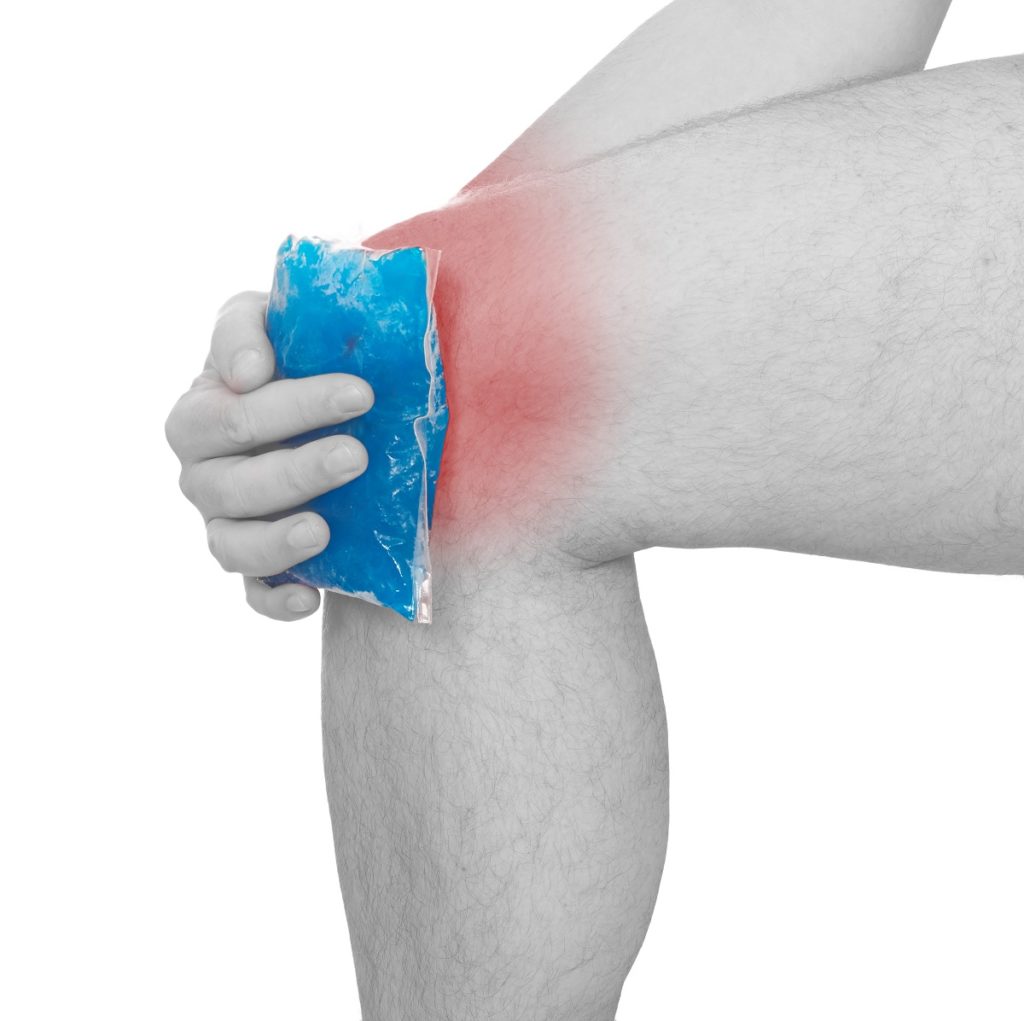The automotive and healthcare industries have much more in common than people would think. Mobility can heavily influence the way Americans receive health care. Transformations of everything from roads to cars will definitely affect how health is managed.
Mobile clinics make home health care more accessible for people, especially within the context of a global pandemic. Better roads will help mitigate the risks of getting into accidents. Innovative cars and features will make it much easier for drivers and passengers to monitor their health. These are just some of the instances that highlight how cars and health are intertwined.
The Road Ahead
A lot of people have probably thought that flying cars would be a common sight by now. Unfortunately, that isn’t the case. There might be a few more years to go before that becomes a reality. The entire automotive industry, however, has made more significant advancements in the previous years.
For starters, many leading automakers have exerted their focus on making cars greener. With the worsening state of our world’s climate, the auto industry was identified as one of the main antagonists. They have made quite a few strides in helping to substantially reduce the environmental impact of cars.
Now that the environmental problem has been somewhat addressed, what comes next? With the sudden outbreak of the global pandemic in the previous year, many leaders in the industry are aiming to make the cars of the future more conscious about people’s health.
More Than Just Transportation
Automakers are being pushed to invest more and more of their efforts in the health, wellness, and well-being (HWW) features that their cars can provide. It’s been observed that people still spend an average of at least 40 minutes a day inside vehicles.
Car sales are even expected to increase in the coming year. This is because the people would prefer being inside their own vehicles rather than taking public or shared transportation. Technology has only made healthcare delivery more efficient.
The advent of electric vehicles and autonomous vehicles opens up the perfect avenue to test new HWW solutions. Integrating features that will allow an individual to monitor their health inside smart cars is a brilliant idea. Here’s what you should look for in your next car.
Extensive Functionalities
There are a lot more features to be added to vehicles on top of their already broad repertoire. The ability to monitor the air quality outside while regulating internal air quality is one of the simplest suggestions. Improving the support for in-vehicle functions is more ambitious.
There is already a wide range of features that automakers can integrate to target the HWW agenda better. Providing smart, ergonomic seating with massage capabilities is one of the more luxurious proposals, but it’s a start for developing wellness.
Adding biosensors will allow individuals with illnesses to stay on top of their conditions. Enabling easy tracking of their blood sugar levels, blood pressure, and heart rate is a plus for health. Features that prevent drunk-driving when a car detects high alcohol levels from a driver falls on the well-being spectrum.
Application and Integration
How these proposed solutions will be applied generally falls under two categories: critical and non-critical. Of course, features like comfortable seating, adjustable lighting, and such are more convenient and fall under non-critical applications.
Monitoring the air quality and the ability to run diagnostic scans can be considered critical applications. More and more automakers have begun prioritizing these features because of the increase in their demand. For instance, the most well-known manufacturers have been advancing their air filtration systems to respond to the global pandemic.
As for how these HWW features will be incorporated into vehicles, it’s important to look at them in terms of long-term and short-term solutions. Features built into the cars, like the filtration systems, will take much longer to carry out. In comparison, having to download apps, sync devices, or rely on connectivity will definitely make certain features readily available.
Driving Towards Health
The effects that the foreseeable future of the automotive industry can have on the health sector is monumental. In light of the unexpected arrival of COVID-19, these advancements have become all the more crucial. All vehicles will soon occupy roads again once most of the population has been vaccinated and lockdowns have ceased.
It might indeed take a while for automakers to realize all of these visions. They will have to collaborate with different sectors aside from the health industry. Regardless, from adding simple features to more comprehensive technologies, it’s no doubt that a healthier future is already within our grasp.




